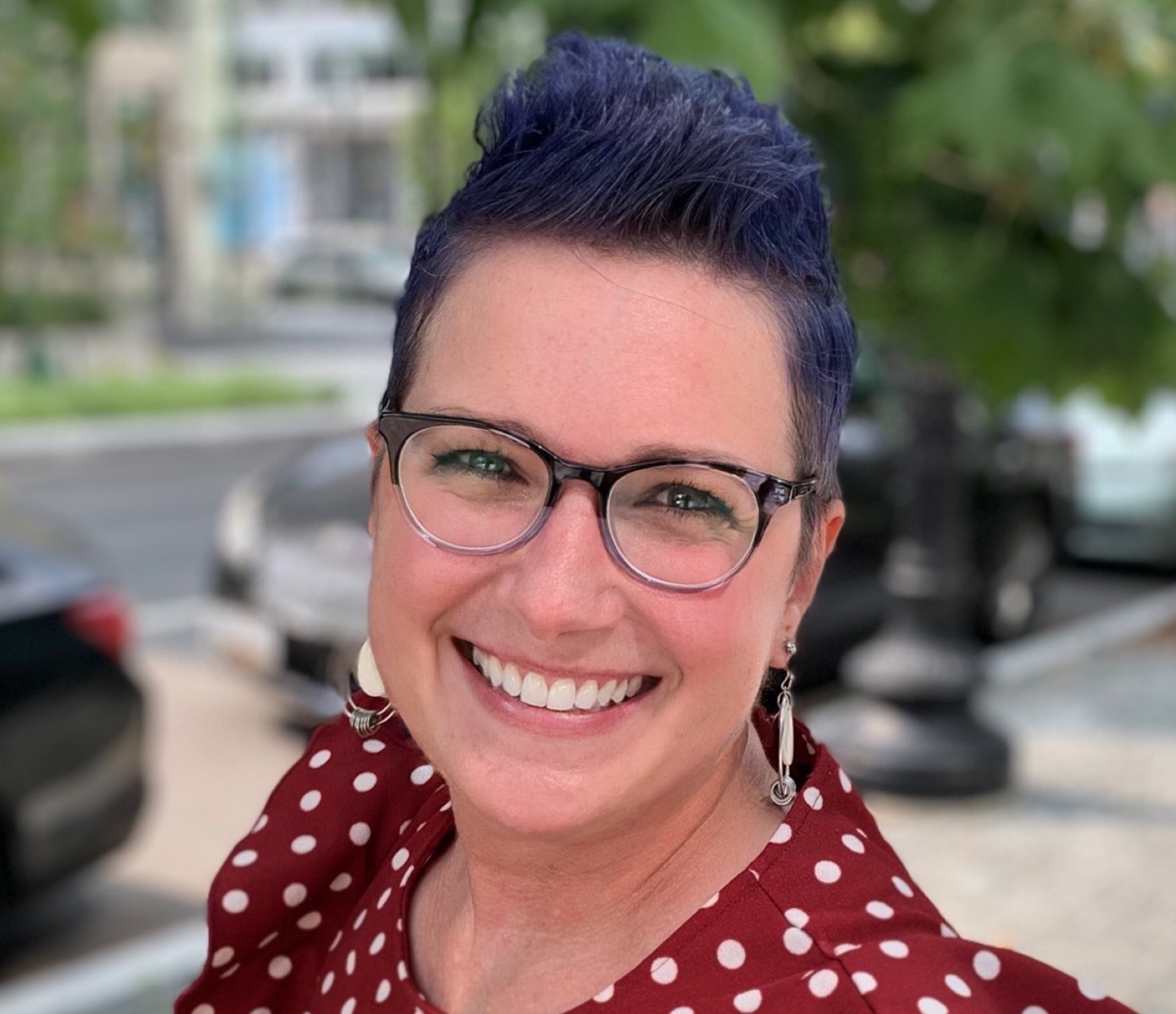Within Innovative Oncology Space, Companies Need to Address Oncologists’ Needs
-
Feb 17, 2022
The oncology space is undergoing a tremendous amount of innovation, as novel new products and practices become available. But those treatments can do only so much good if oncologists aren’t using them. Biopharma companies have an opportunity to differentiate themselves from their competitors by addressing oncologists’ specific needs, industry experts tell AIS Health, a division of MMIT.
When it comes to drug information, oncologists not only want to understand a product’s efficacy, “but also how to efficiently and effectively diagnose the patient and get that patient to the right targeted drug or combination using the patient’s genetics and the genetics of the tumor,” such as BRCA1 mutation-positive in breast cancer, explains Kristen Pothier, principal at KPMG U.S. Healthcare and Life Sciences Deal advisory and strategy leader.
Oncologists may look at FDA-approved label indications and National Comprehensive Cancer Network (NCCN)-approved category and treatment guidelines, as well as “clinical trial data, side effects and management, dosing/frequency, patient assistance resources, drug cost/reimbursement and potential insurance/prior authorization information, if available, for national payers,” says Christy Banach, senior director of the Access Experience Team at PRECISIONvalue.
A recent report from Accenture Life Sciences based on surveys of 120 oncologists in academic medical centers (AMCs) and community practices (CPs) in the U.S. and Germany examines the services and support they want from biopharma companies. Oncologists in those two settings have quite different needs, the report observes.
AMC-based oncologists are seeking precision oncology support, including “access to genomic, biomarker and molecular pathway discussions as well as (molecular) tumor boards to help them put things into clinical context.” In comparison, community practitioners say their needs are more focused on information about and access to therapies. “They provide a broader range of treatments across many tumor types and their needs include informative discussions on competing products, and financial assistance like reimbursement coverage for patients with a specific product,” write the report’s authors.
As newer therapies have become more complex, so too have oncology pharma reps’ jobs. They “not only have to be fluent in their products’ clinical data and place in complex treatment regimens, but they also need to understand the complex nature of oncology care delivery from a business perspective,” Janet Serluco, M.S., vice president and oncology lead for the Access Experience Team at PRECISIONvalue, says. “Whether a practice is healthy at the operational and financial levels so that it can continue to provide patient care can be greatly affected by reimbursement dynamics that differ by product.”
Reps’ jobs “have changed as the industry has changed from a one-size-fits-all to a very targeted approach: providing the right therapy, for the right patient, at the right time,” says Pothier. “This requires a lot more detailed knowledge base of oncology across the therapeutic and diagnostic continuum. It has also changed, as a result of COVID-19, in communication methods through multimedia communication rather than face-to-face detailing.”
Targeted therapies and biomarkers have required greater knowledge for reps speaking with oncologists. “Understanding the underlying genetics of the tumor, and determining diagnosis and treatment from there, necessitates a broader and deeper knowledge in order to help physicians understand how to identify the right patients to respond and the myriad of combinations of drugs and combinations of biomarkers at play,” she tells AIS Health.
Serluco agrees: “Pharma reps need to ensure providers are educated on any companion diagnostic testing for the presence of mutations or other proteins that support appropriate patient selection for the companion drugs. Cancer treatment has become more complex as more previously undruggable targets are identified and more effective therapeutics are approved.”
Reps Can Take Steps to Prepare for Oncologist Meetings
Reps can take some steps to best prepare for meetings with oncologists. For one, they “should be well-versed in the product they are promoting, understand the clinical background/clinical trial data, FDA-approved guidelines and NCCN-approved category. Bring available resources/collateral for the physician to review as time permits or reference when needed. The timing of representatives meeting with oncologists is important as oncologists’ time is limited, and attention is typically divided during clinic hours. Reps can work with office managers, head nurses or maybe front office staff to schedule visits/meetings at a time that is amenable to the oncologist.”
The Accenture survey found some shared needs between oncologists at AMCs and those at CPs. Both groups want scientific evidence-focused services, including the best regimen for a particular patient, scientific discussions around treatments and indications and access to and discussions around real-world data. Specifically, 51% of oncologists said “they will need more discussion” of real-world data, while 65% want reps to be able to discuss real-world data with them.
“Real-world data can be utilized to educate oncologists to move beyond what was seen in clinical trials and what can really be expected from a treatment regime,” points out Pothier. Serluco says that in addition to trials data, “practices may evaluate data from many sources, so they would be open to reviewing data collected in partnership with other providers or from payers. Oncologists also review their own real-world data from their electronic health record systems to inform decisions or answer questions about patient care and performance that drive toward better outcomes.”
Interactions with oncologists may be undertaken by more than just pharma reps. According to Pothier, “some pharma companies have built precision medicine businesses with multiexperienced management and ‘one’ team within their walls to address the entire ecosystem from diagnosis to post-remission care. There are also outside specialty labs and data-generating companies who help provide a comprehensive view of the patient and work with pharma to develop companion diagnostics and other patient and drug discovery and development services.”
Companies typically “would have a clinical/medical representative available to speak to the oncologists about clinical aspects of the drug,” states Banach. “Most pharmaceutical companies have a separate ‘reimbursement’ representative to talk to the oncologists and office/billing staff about billing, coding, patient assistance, reimbursement, insurance, authorizations, etc.”
According to the Accenture survey, oncologists said that most biopharma-provided services need a general medical background. However, there are times when more experience is required. For example, oncologists would like to speak with another oncologist about the best treatment for a certain patient or information on upcoming therapies. And for discussions around “genomic sequencing, biomarkers, the genomic and/or biomarker results of a specific patient and molecular pathways related to a specific indication,” oncologists want support from specialists such as geneticists or molecular biologists, in addition to oncologists for their ability to offer context.
Information on Financial Assistance Is Crucial
These innovative new treatments, however, are not inexpensive, and reps should visit oncologists armed with information about financial assistance. This data, says Banach, “is extremely important for the patients and the oncology practice. Pharmaceutical representatives need to be well-versed in their company’s financial support offerings, as well as alternative resources available to assist patients. Many patients cannot afford to pay their out-of-pocket expenses for treatment, so most oncology practices rely on these financial resources to help their patients. This information needs to be shared with many different roles within the oncology practice, i.e., financial counselor/advocate, infusion nurses, medical assistances, office manager, front office staff and physicians.”
Financial information “is imperative and doesn’t need to come from the reps or the oncologists but the cancer community,” asserts Pothier. “Non-for-profit organizations such as CancerCare and Family Reach directly address the potential financial toxicity of cancer, which comes about when even if the patient’s treatment is covered by insurance, time off work, food and living expenses or transportation to and from treatment may not be. Cancer hits families and communities, not just patients.”
The Accenture survey also found that while virtual visits have become particularly important during the COVID-19 pandemic, oncologists still find face-to-face meetings important and would prefer a hybrid approach. For most services, oncologists said they prefer group meetings, which they would like pushed — proactively brought to them by reps. However, when it comes to discussing a specific patient’s genomic and/or biomarker results, as well as speaking about a specific patient’s best treatment options, oncologists prefer in-person, one-on-one meetings that have on-demand — or pulled — delivery. More than 91% of respondents said the discussion of specific patients’ cases will influence their treatment decisions, but less than half said that product-level discussion will impact their treatment decisions.
The survey also found that data-driven technology is the top driver in oncologists’ treatment decisions. Per the report, “we believe oncologists perceive data-driven decision support tools as being less biased than information delivered by biopharma. For biopharma this means that a key investment for the future will center around the role of technology in clinical decision support. Biopharma companies which act decisively could chart the course of the investment process by actively contributing to the introduction and growth of digital/data-led services, such as CDS [i.e., clinical decision support] tools. This development requires a smart approach to ensure that the solutions are completely unbiased and product independent.
“In the future, we expect the success of products coming to the market will be driven by data much more than by promotional activities,” continues the report. “Thus, it’s important to take bold steps to ensure that data are properly leveraged to demonstrate the value of differentiated assets.”
Accenture recommends that biopharma companies do the following three things to differentiate themselves:
(1) “Co-create new peer network ecosystems,”
(2) “Build an expert future-needs oriented customer facing team” and
(3) “Leverage new technology to drive insights.”
Contact Banach and Serluco via Lessly Delcid at ldelcid@coynepr.com and Pothier through Matt Weiss at mweiss@kpmg.com.
© 2025 MMIT









